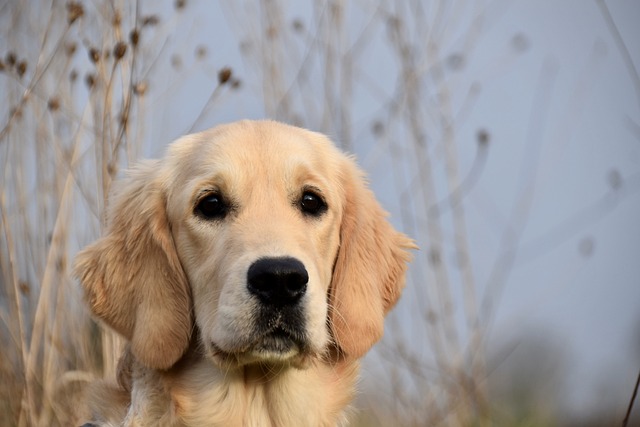
recovering from heat stroke symptoms dog: Key Do’s and Don’ts for New Owners
I sat with my friend Liam in his Texas living room last Wednesday, where his 3-year-old Husky mix, Max, lay on a cool towel—still panting softly
I stood in my friend Mike’s hallway last week, watching him scoop up a mess from his 9-month-old Golden Retriever, Buddy—who’d never had an accident inside since potty training. “He got neutered four days ago, and now he’s pooping in the house. Why is my dog pooping in the house after being neutered?” Mike groaned, scrubbing the floor. If you’re a new U.S. dog owner dealing with this post-neuter surprise, you’re not alone. This isn’t your dog “misbehaving”—it’s almost always a temporary side effect of surgery, recovery, or routine shifts, and figuring out the “why” helps you fix it fast.
To understand what’s going on, let’s break down the post-neuter experience: Neutering is a minor surgery, but it throws off a dog’s body and routine. Anesthesia leaves them groggy—Buddy was so disoriented the first two days he forgot to signal he needed to go out. Incision pain also plays a role: If moving fast (to get to the door) hurts, your dog might hold it until they can’t anymore. Mike’s vet added that some dogs get mild digestive upset from post-op meds or stress, which loosens their stool and makes accidents more likely. Unlike other potty issues (like anxiety-driven regression), this is usually about physical comfort, not bad behavior.
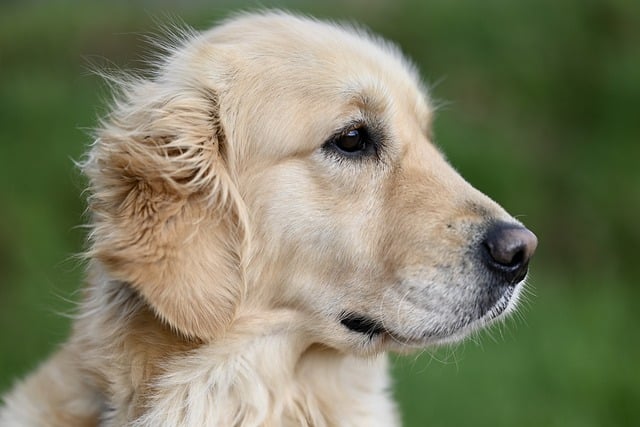
Here’s how to address why your dog is pooping in the house after being neutered, step by step: First, stick to more frequent outdoor trips. Cut their usual potty time interval in half—for Buddy, that meant going out every 3 hours instead of 6. Set phone alarms to stay consistent, even if your dog doesn’t seem antsy. Mike did this, and Buddy’s accidents dropped from two a day to zero in three days. Second, make going outside easy. For apartment living, keep their leash by the door (so you don’t waste time grabbing it) and avoid stairs if your dog is sore—carry them if needed. Mike started carrying Buddy down the apartment steps, and Buddy stopped hesitating to go out. Third, use gentle positive reinforcement. Praise your dog like crazy (and give a tiny treat, like a piece of cooked sweet potato) every time they poop outside. Never scold them for indoor messes—they’re not doing it on purpose, and punishment violates U.S. animal welfare standards (it’ll just make them scared to go near you when they need to potty). Fourth, check for digestive issues. If their poop is loose or they’re going more often, ask your vet if switching to a bland diet (like boiled chicken and rice) for a few days will help. Buddy’s stool firmed up after two days on the diet.
When walking your recovering dog, keep the leash short (to avoid jumping and straining their incision) and skip rough play—stick to slow, calm walks. Always carry poop bags (cities like San Diego fine $200 for leaving messes) and avoid busy areas that might stress them out. Follow your vet’s post-op rules (like no licking the incision) and keep their rabies vaccine up to date (required nationwide)—vet checkups are a great time to ask about digestive or potty tips during recovery.
A week later, Mike texted me a photo of Buddy waiting by the door to go out. Why is my dog pooping in the house after being neutered? For most pups, it’s just a temporary blip while their body heals. With a little extra patience and frequent potty breaks, you’ll both be back to normal soon.

I sat with my friend Liam in his Texas living room last Wednesday, where his 3-year-old Husky mix, Max, lay on a cool towel—still panting softly
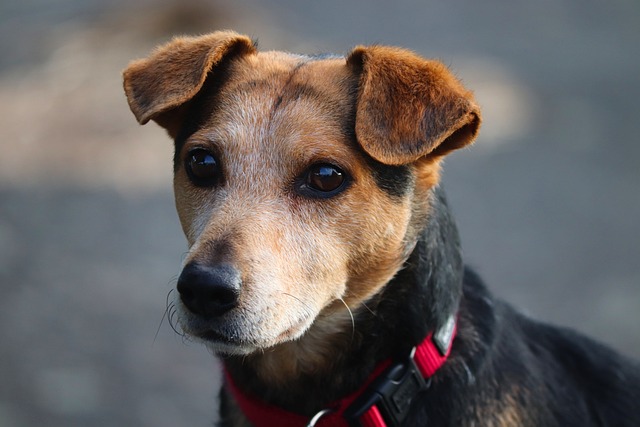
Watching a dog curl up quietly after a walk might make you think they’re all set—but figuring out if that activity was enough takes a little more attention.
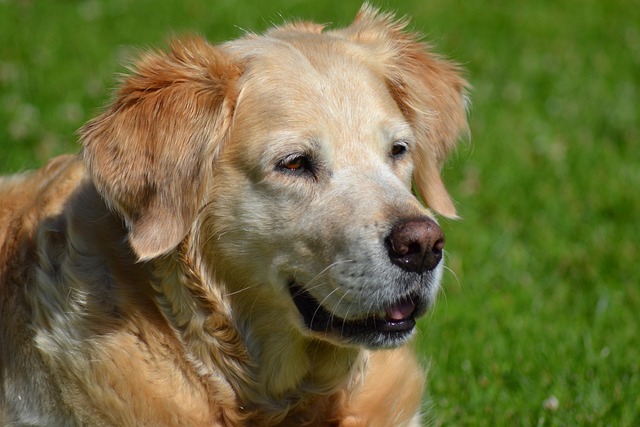
You’re enjoying a sunny afternoon at the park when you notice your dog lagging behind, panting heavily with thick saliva, and seeming unsteady on their feet.
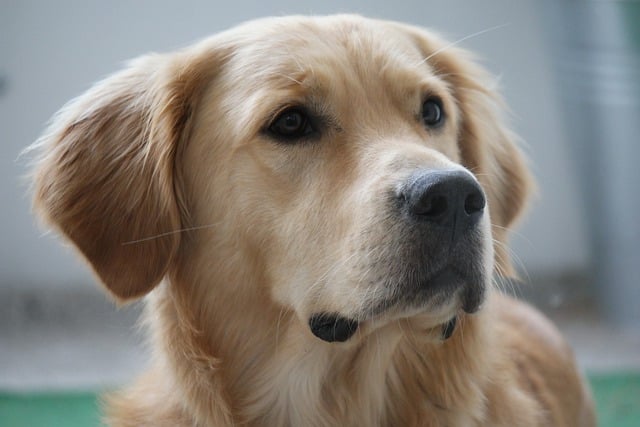
Last Friday evening, I rushed over to my friend Zoe’s place after she sent a frantic voice note—her 11-month-old Labradoodle, Cooper, was rubbing his face against the carpet nonstop
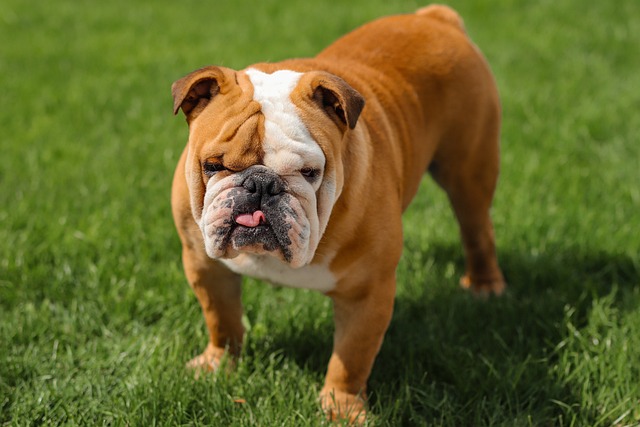
Honey is a common staple in many households, often used to sweeten drinks or top snacks—but when it comes to sharing it with our furry companions, questions naturally pop up.
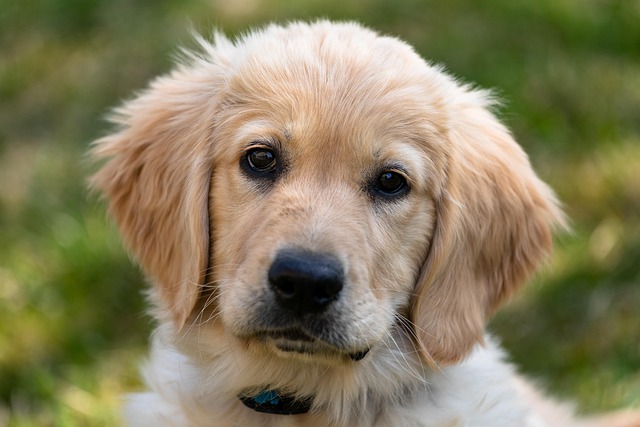
I sat with my friend Lily in her living room last week, watching her 2-year-old Golden Retriever, Bailey, scratch his ears so hard he whimpered—his paws were red and raw from licking